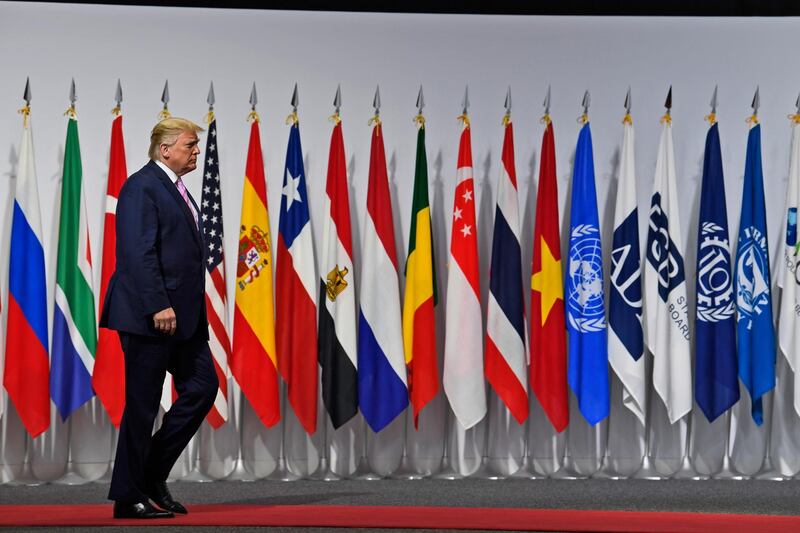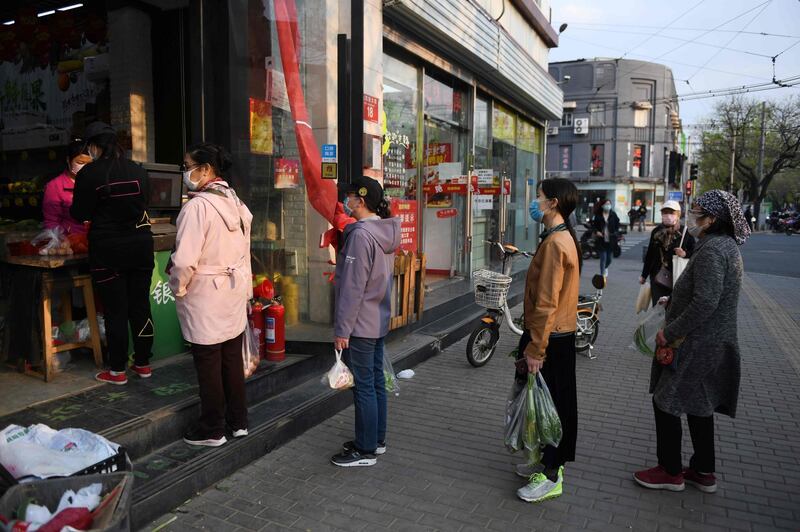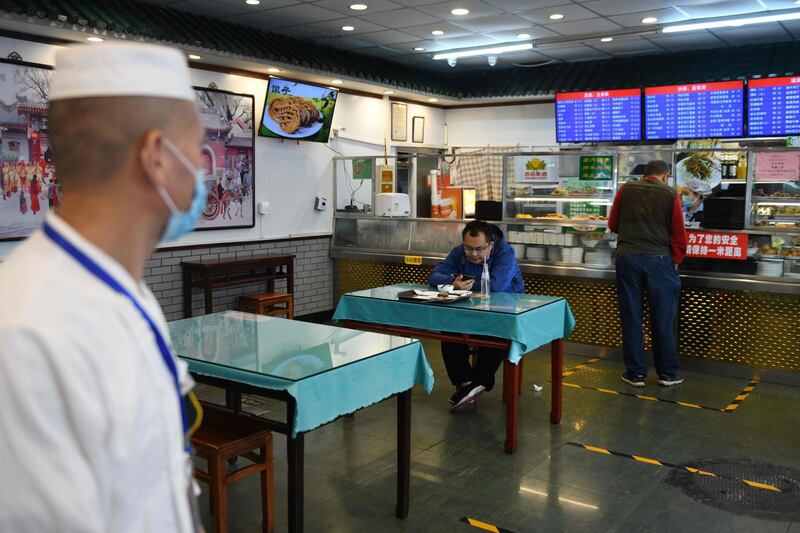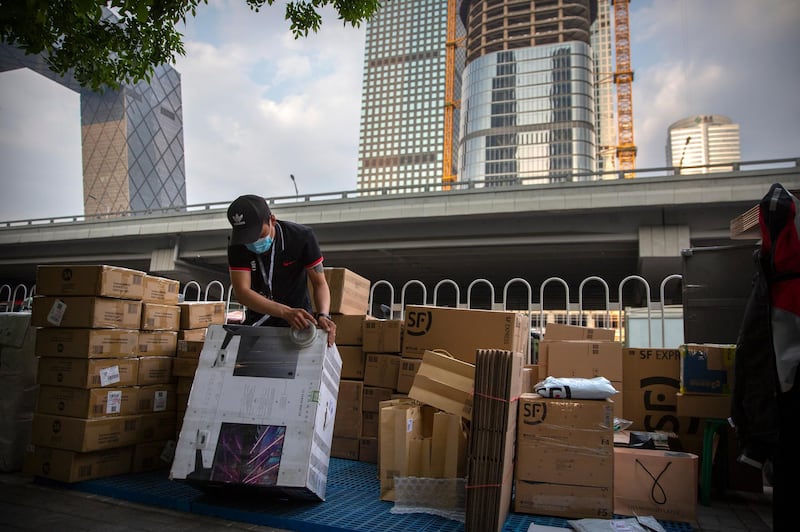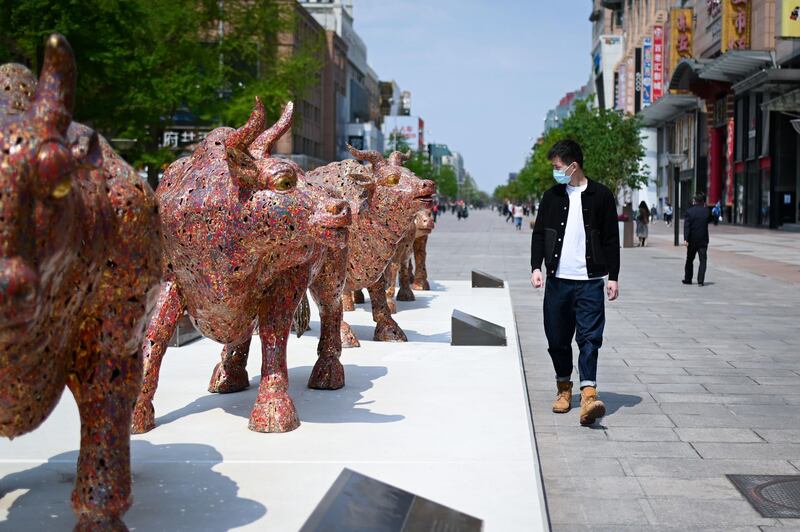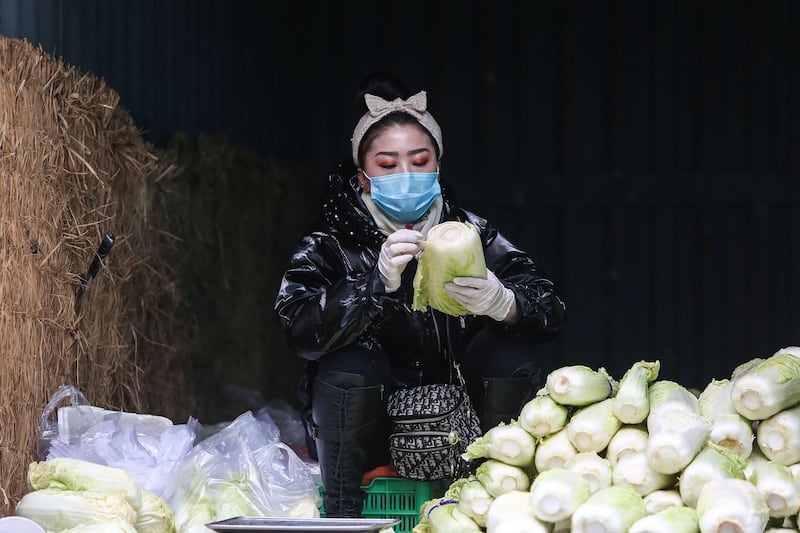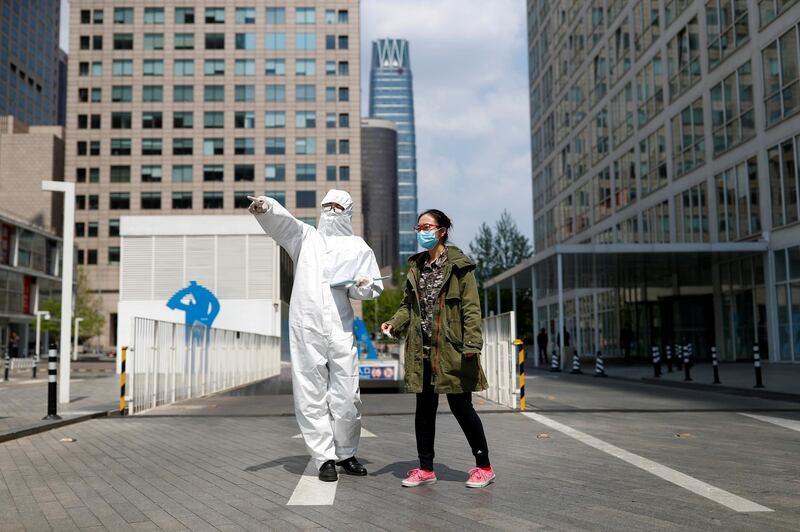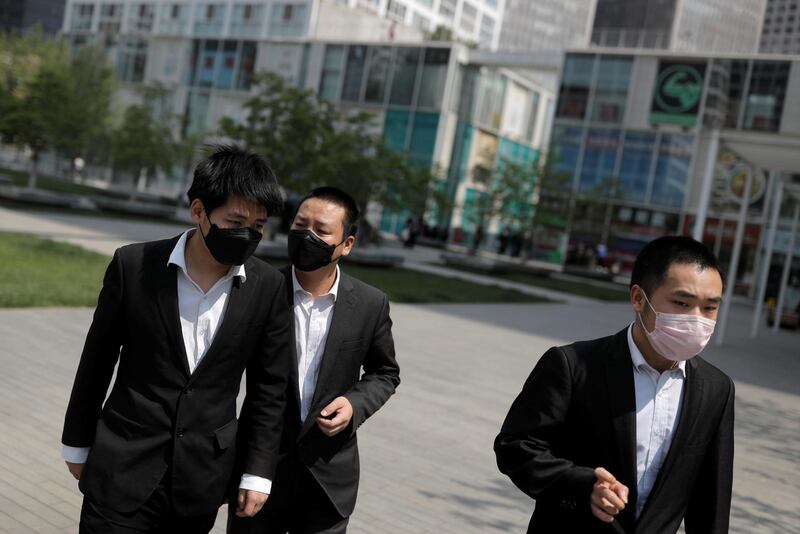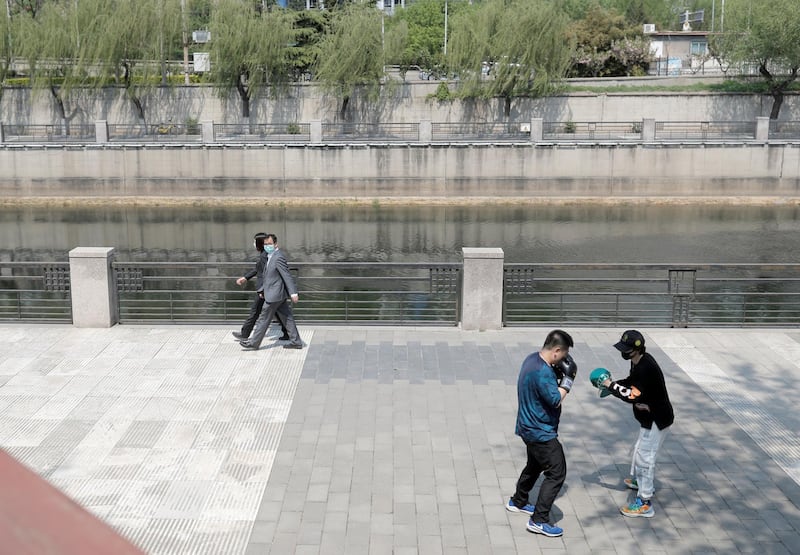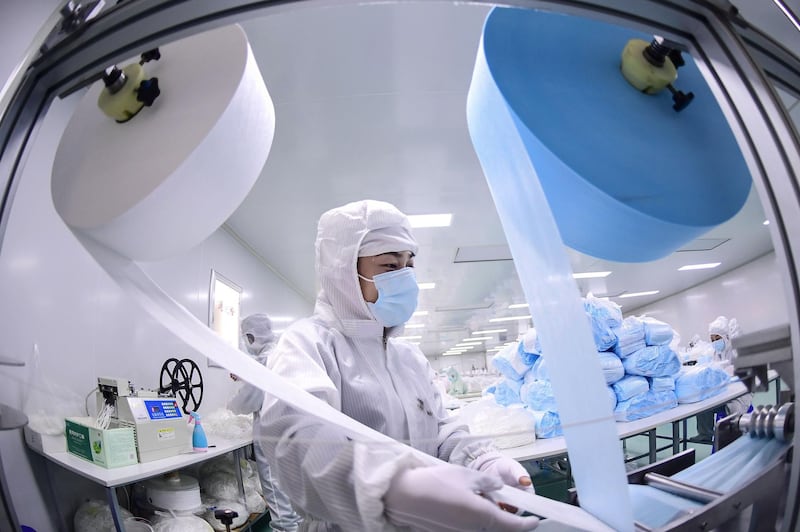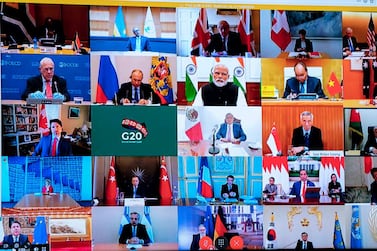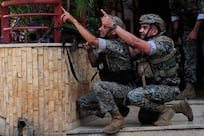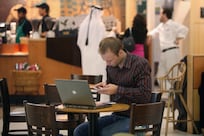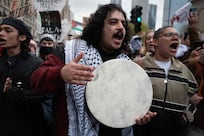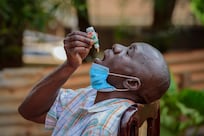Whether they continue the lockdown and prioritise public health, or ease measures to avoid an economic collapse that will be devastating for their current and future financial and psychological wellbeing, nations and their leaders will be forced to reinvent themselves. Certainly, it will not be possible for them to return to the broad-based policies that had been put in place before Covid-19, with the virus having already altered the globalised landscape and upended nations’ geopolitical plans.
Even as the large, rich and powerful countries currently struggle to contain the coronavirus pandemic, the International Committee of the Red Cross (ICRC) has warned of its dire consequences on the future of vulnerable countries in the Middle East.
The ICRC has also noted that these nations are vulnerable not just due to their poor health and social infrastructure, but also because they are susceptible to violent social and political unrest as a reaction to their respective governments’ inadequate response to the crisis.
Iran, despite being one of the first countries in the Middle East to be hit by the coronavirus, has discovered that even in these circumstances, the US will not lift sanctions and Europe will not circumvent them. Tehran could well be upset by this reality, but it may also have concluded that unless it changes its regional policies, as well as its nuclear and ballistic missile programmes, the sanctions will remain in place.
The question, therefore, is whether the pandemic will force the region’s countries to reconsider their policies and reinvent themselves in order to save themselves. One problem is that global powers will be less capable of coming to their rescue due to their focus on the devastation in their own backyards.
In the post-Covid-19 brave new era, countries such as China, Russia and the US – as well as members of the EU and the G20 – will be forced to submit to radical reforms, both locally and globally.
Reform could also be waiting to happen within global institutions, such as the United Nations and its various agencies – including the World Health Organisation. President Donald Trump’s decision to suspend US funding for the WHO – in a protest against its alleged bias towards China – has been met with positive and negative responses within that country. The reaction outside the US has mostly been negative – irrespective of whether Mr Trump was justified or not in taking such action – given the realisation that we are all in this together.
Supranational groups such as the European Union have also been seen to be wanting in their ability to deliver solutions. The 27-nation bloc can no longer pretend as if nothing has changed following Brexit and the spread of Covid-19. Few will doubt the EU is facing huge economic, political and social challenges at the moment.
The dynamics that prevailed before the pandemic within the Group of 20, or G20, cannot continue to exist either, while the Gulf Cooperation Council (GCC) will find an opportunity to review some of its policies amid shrinking oil prices – due in large part to the glut in oil supplies, which can be attributed to a collapse in the demand for hydrocarbons in the wake of the global viral outbreak.
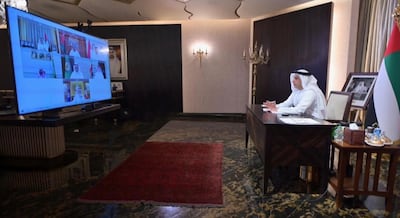
Dr Andrei Fedorov, former deputy foreign minister of Russia and chairman of the Fund for Political Research, expects oil reservoirs to be nearly full in Russia, the US and everywhere else in the world – to the extent that these countries will be “obliged to get rid of it at any price even if the oil price goes down to zero” and the reason is that “you cannot stop production in the pipelines”. He added that this could happen in four weeks, and therefore, “by the end or mid-May, there will be a new oil crisis if it is not possible to go back to oil production”. He warned that if we get to the zero-point in May, “there will be no chance to restart the world economy without heavy losses”.
Most world leaders are moving with extreme caution, fearing they could squander a chance to restart the world economy, and expedite collapse.
May seems to be the month when most leaders hope to see a return to work and a gradual reduction in unemployment that has especially been devastating for the US, where more than 20 million people are claiming jobless allowances. The stakes are high, including Mr Trump’s re-election chances later this year. There is also concern of the adverse impact of America’s continued lockdown on other economies around the globe. “If the US economy is not reopened soon, this will kill the world economy,” Dr Fedorov said.
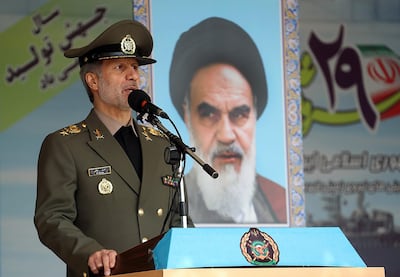
For its part, he added, “Russia is unable to play a role in the global economic agenda because of oil as well as the impact of the global economic crisis”. For this reason, there is talk in Moscow about reformulating the priorities of Russian foreign policy as the global conversation focuses on assessing how the coronavirus has impacted globalisation and the world economy.
There is, of course, an opportunity to restart the economy between the months of May and September – instead of keeping everything on lockdown indefinitely. But with fears of a second wave of the pandemic in China in the autumn season, many world leaders will be expected to formulate plans accordingly but also fearing for the future.
Raghida Dergham is the founder and executive chairwoman of the Beirut Institute
